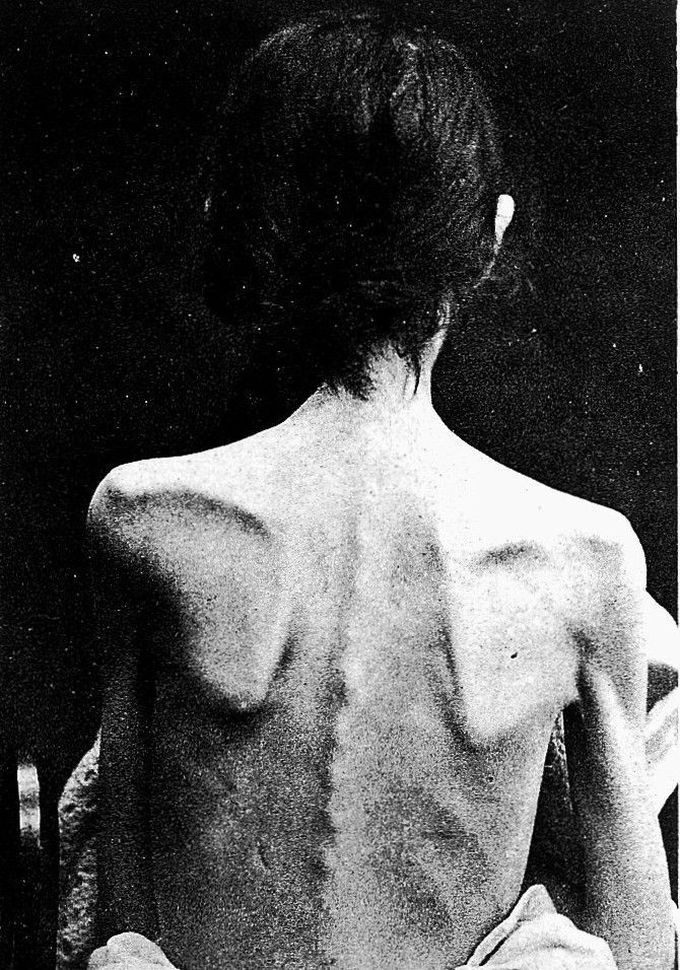


Anorexia nervosa
The term anorexia nervosa is a Greek term for loss of appetite. It involves highly disproportionate emphasis on thinness. These people are afraid of gaining weight and hence develop maladaptive behavior to restrict any weight gain. This is achieved by either restriction or binge purge. About 65% of people having anorexia nervosa have depression, 25% have social phobia and 25% have OCD. It's more common in females than males. The psychology behind the disorder is to feel a stronger sense of autonomy and freedom and by self starving they are able to achieve this. Other medical complications associated with the disorder are bradycardia, hypotension, cold intolerance, muscle atrophy, loss of body fat, anemia, leucopenia, hypocellular bone marrow, metabolic alkalosis, metabolic acidosis etc. Treatment involves psychotherapy(CBT) and hospitalization when needed. SSRI or SNRIs can be used for major depression or fluoxetine for OCD. Most people relapse within 5 years. Deaths can result from suicide and medical complications.
Wendigo syndrome

